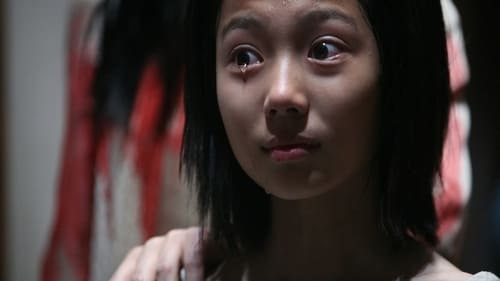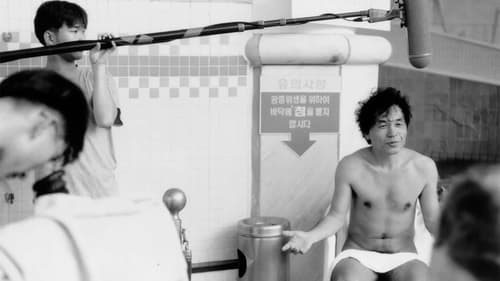Park Jin-seong
Birth : 1969-01-01,
History
Park Jin-seong (박진성) is a South Korean film director.

Director
A Serial killer who copycats famous thriller films, is in town. … is the storyline of a film where actor Jung is playing a detective role. He’s not sure about the director, who seems to be both an artist and a con-artist. Soon after, an accident happens and Jung now has to deal with a single mom detective who resembles his movie character. What will be his fate, in both sides of the film?

Director
A pensive man visits an empty house. A neighbor tells him the house is haunted but he ignores it. Park Jinseong's second feature that takes place in Jeju Island gazes into the pain of life.

Director
EXIT: Woo-hyun lives a small-time criminal life earning his life as a pick-pocket. He often pays attention to an arrow-shaped-tattoo of his girlfriend which is on the genital area. He calls it ‘the emergency exit.’ THE BODY: Jung-su and Young-sun are a young couple. One new year’s eve, a movie director visits the couple’s house. Only the strong wind of the sea and slow time cross the living room and three people sense something…alive. WALTZING ON THUNDER: Mi-jung just happens to meet a group of people who have survived from being struck by lightning. While becoming aware of her old wound, she takes part in a trip for lightning strikes ‘again’.

Writer
Chapter 1. A Strange Woman A young film director 'P', trying to make a film based on a short story by Nikolai Gogol, meets a mysterious actress in an audition. Her overwhelming gift however, being obvious to everyone including 'P' himself, increasingly gets on his nerves in an ominous way. Chapter 2. VIY A young priest is ordered to preside over the wake of witch in a small old wooden church of a remote village. This means spending three nights alone with the corpse with only his faith to protect him. Chapter 3. A Curtain Call A blind musician Henri PARK, who plays at a whorehouse, meets a group of marionette artists, preparing a play based on . His suspicious roommate follows him one night, just to find out that Henri is playing the piano for ghosts, in an abandoned church.

Director
Chapter 1. A Strange Woman A young film director 'P', trying to make a film based on a short story by Nikolai Gogol, meets a mysterious actress in an audition. Her overwhelming gift however, being obvious to everyone including 'P' himself, increasingly gets on his nerves in an ominous way. Chapter 2. VIY A young priest is ordered to preside over the wake of witch in a small old wooden church of a remote village. This means spending three nights alone with the corpse with only his faith to protect him. Chapter 3. A Curtain Call A blind musician Henri PARK, who plays at a whorehouse, meets a group of marionette artists, preparing a play based on . His suspicious roommate follows him one night, just to find out that Henri is playing the piano for ghosts, in an abandoned church.

Writer
Dr. Jung Nam finds a photo album dating back to his days as an intern at the Ansaeng Hospital. This triggers memories of his life. In 1942, as a young medical intern, Jung-Nam's arranged marriage ended when his fiancée, whom he had never met, committed suicide. Later he was assigned to monitor the morgue late at night. There he fell in love with a corpse, which is later revealed as the body of his deceased fiancée. Soon other mysterious events take place in the hospital, involving a young girl haunted by ghosts and a serial killer targeting Japanese soldiers.

Producer
Divided into chapters, the documentary examines Jang's career and films from many different angles and includes the voices not only of those who have worked with Jang but also of numerous ordinary Koreans who have been affected by his work. Individual chapters are devoted to such topics as Jang's idiosyncratic hairstyle and the controversy surrounding his previous feature Lies. The documentary tries to place Jang and his work in the widest possible social context, not only in the context of Korean cinema. At its heart is a series of remarkably candid and revealing interviews with Jang himself.






